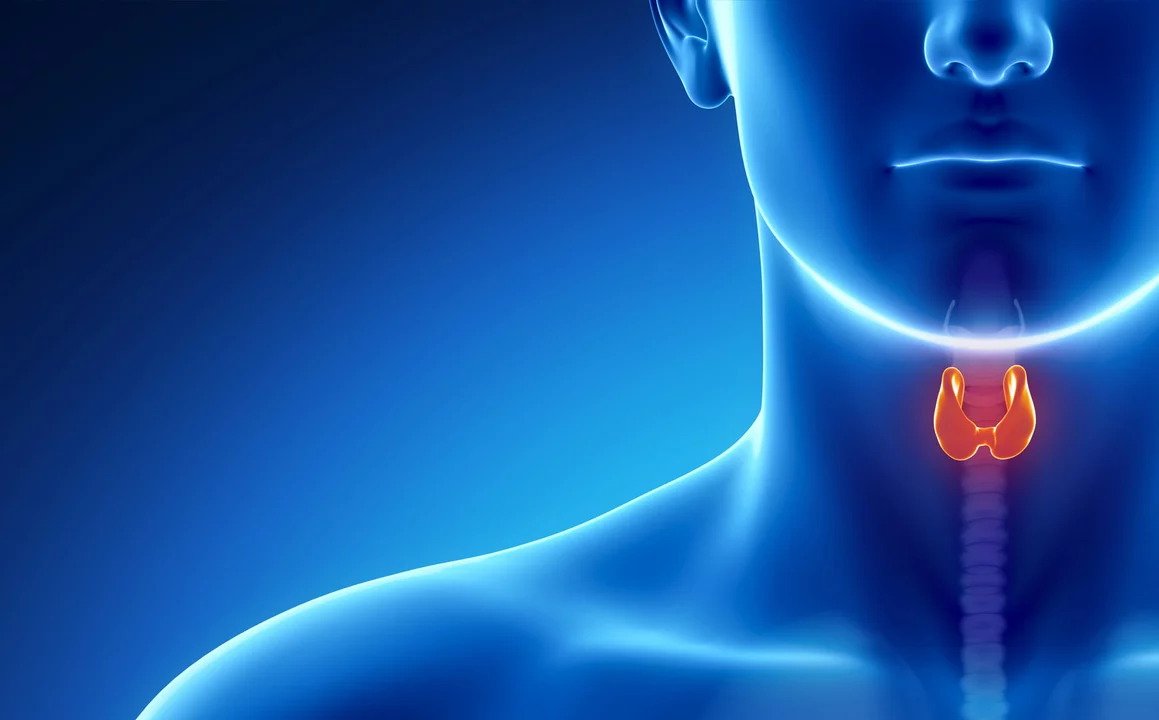Understanding the Importance of Iodine
Iodine is an essential trace element that plays a crucial role in the synthesis of thyroid hormones. These hormones regulate our body's metabolism, growth, development, and overall well-being. When there is a lack of iodine in our diet, our thyroid gland cannot function properly, leading to various health issues. In this article, we will discuss the role of iodine in preventing thyroid deficiency and maintaining a healthy thyroid function.
Causes of Iodine Deficiency
There are several factors that can contribute to iodine deficiency. These include consuming a diet low in iodine-rich foods, living in regions where the soil is iodine-deficient, and having poor access to iodized salt. Moreover, certain foods, such as cabbage, soy, and cassava, can interfere with iodine absorption in our body, leading to a deficiency. It is essential to be aware of these factors and make necessary dietary changes to ensure sufficient iodine intake.
Signs and Symptoms of Iodine Deficiency
Iodine deficiency can lead to various health issues, including thyroid deficiency. Some common symptoms of iodine deficiency include fatigue, weight gain, difficulty concentrating, depression, and dry skin. In more severe cases, iodine deficiency can cause goiter (an enlargement of the thyroid gland), mental retardation, and even cretinism in infants. It is crucial to recognize these symptoms early on to prevent further complications and maintain a healthy thyroid function.
Role of Iodine in Thyroid Hormone Production
Iodine is an essential component of the thyroid hormones, triiodothyronine (T3) and thyroxine (T4). These hormones are responsible for regulating our body's metabolism, growth, and development. When there is a lack of iodine in our diet, the thyroid gland cannot produce enough hormones, leading to a condition called hypothyroidism. This is why it is crucial to ensure adequate iodine intake to prevent thyroid deficiency and maintain a healthy thyroid function.
Iodine-Rich Foods for a Healthy Thyroid
There are several iodine-rich foods that you can include in your diet to prevent thyroid deficiency. These include iodized salt, seafood, dairy products, eggs, and some types of seaweed. Consuming a diet rich in these foods can help provide your body with the necessary iodine it needs to maintain a healthy thyroid function. It is important to note that iodine content in food can vary depending on the region, so it is essential to be mindful of your dietary choices and adjust them accordingly.
Recommended Daily Intake of Iodine
It is essential to meet the recommended daily intake of iodine to prevent thyroid deficiency. The World Health Organization (WHO) suggests a daily iodine intake of 150 micrograms for adults, 220 micrograms for pregnant women, and 290 micrograms for breastfeeding women. Meeting these daily requirements can help ensure a healthy thyroid function and prevent the development of iodine deficiency disorders.
Supplementation for Iodine Deficiency
If you are unable to meet your daily iodine requirements through diet alone, supplementation can be a helpful option. Iodine supplements are available in various forms, such as tablets, capsules, and liquid drops. It is important to follow the recommended dosage and consult with a healthcare professional before starting any supplementation to prevent potential side effects and ensure safe and effective use.
Preventing Thyroid Deficiency through Iodine Awareness
In conclusion, understanding the role of iodine in preventing thyroid deficiency is crucial for maintaining a healthy thyroid function. By being aware of the causes of iodine deficiency, recognizing its symptoms, and ensuring a diet rich in iodine, we can prevent thyroid deficiency and its associated complications. Additionally, supplementation may be necessary for those who are unable to meet their daily iodine requirements through diet alone. Always consult with a healthcare professional to determine the best course of action for your individual needs.

